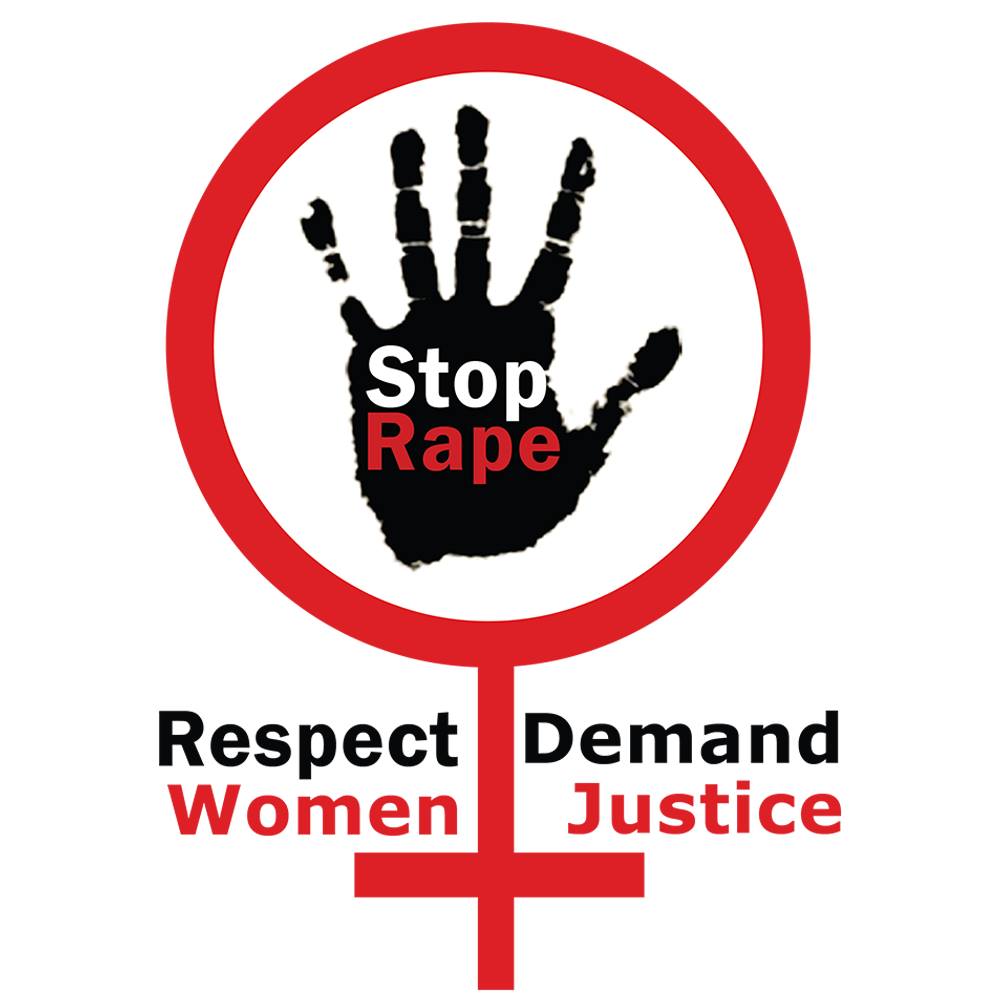On Monday, an anti-rape culture campaign began at Rhodes University. The campaign is part of the larger Unashamed Movement, working in conjunction with Stellenbosch University to promote policy changes regarding the treatment of rape and sexual assault victims at universities. These policies and attitudes of management have been found to be victim-shaming and unsympathetic to sexual assault survivors, and the Unashamed Movement hopes to change that by raising awareness of what the policies really are and what must be done to better protect students.
The hashtag #Chapter212 has trended on Twitter and the reaction of students has generally been one of outrage. With all the talk around this issue, what can survivors do to care for themselves and cope in institutions that don’t care about the safety of their bodies? Mishka Wazar spoke to journalist, MICHELLE SOLOMON, about self-care for rape and assault survivors.
How can one identify if they are being abused?
In the majority of cases, if you suspect you’re being abused, or feel abused, then you probably are. Physical abuse includes any physical and sexual assault. Rape is a form of sexual abuse which causes emotional pain. Emotional abuse often coincides with physical abuse and leaves people wracked with anxiety and panic disorders, severe depression, and even suicidal ideation.
When should a person decide to act on it?
If you have been sexually abused, you need to reach out for help and support. Speaking out to another person may be incredibly difficult but could ease your burden. Calling the Stop Gender Violence helpline is a safe, anonymous option to call, and you would speak to trained professionals about your experiences.
How can one act on it/who can help?http://abovewhispers.com/wp-admin/post-new.php
Speaking to a counsellor at the Stop Gender Violence Helpline is a good place to start. It isn’t uncommon that victims of rape and abuse are subjected to death threats or other retribution should they speak out. Many may have been emotionally abused to the point where their anxiety is crippling, and they don’t know who to trust or who will believe them. The helpline is anonymous and confidential for exactly these reasons and more.
What are the repercussions of speaking up?
The repercussions of obtaining justice for yourself and cutting the abuser out of your life can be an exceptionally painful and complicated process and victims are often blamed for their abuse or rape and made to feel guilty or wrong for speaking out.
How can one heal from sexual assault and abuse?
This is also an individual process, but there are common threads regarding how to heal. A starting point is to start speaking out about what you have suffered. To get help with psychological scars from such as depression, anxiety or post-traumatic stress disorder, victims may want to join free group therapy sessions on these issues held by organisations such as the South African Anxiety and Depression Group (SADAG). SADAG has various online resources available that victims may access for free, as well as a list of numbers you may call for help. To find a support group in your area, call SADAG at 011 234 4837. If you do not have access to the internet to access such resources, contacting the Stop Gender Based Helpline (0800 150 150) would also provide you with some guidance as to how to start your healing journey.
Let us all stand together in generating awareness about rape culture. Victims of rape are NOT to blame! #Chapter212 pic.twitter.com/AzEdwsowsZ
The most critical thing for victims to remember is that the violence they experience is never, ever their fault. The fault is solely the responsibility of the abuser or rapist. Letting go of any sense of responsibility for the violence done to you, as a victim, is a crucial step towards recovery.

